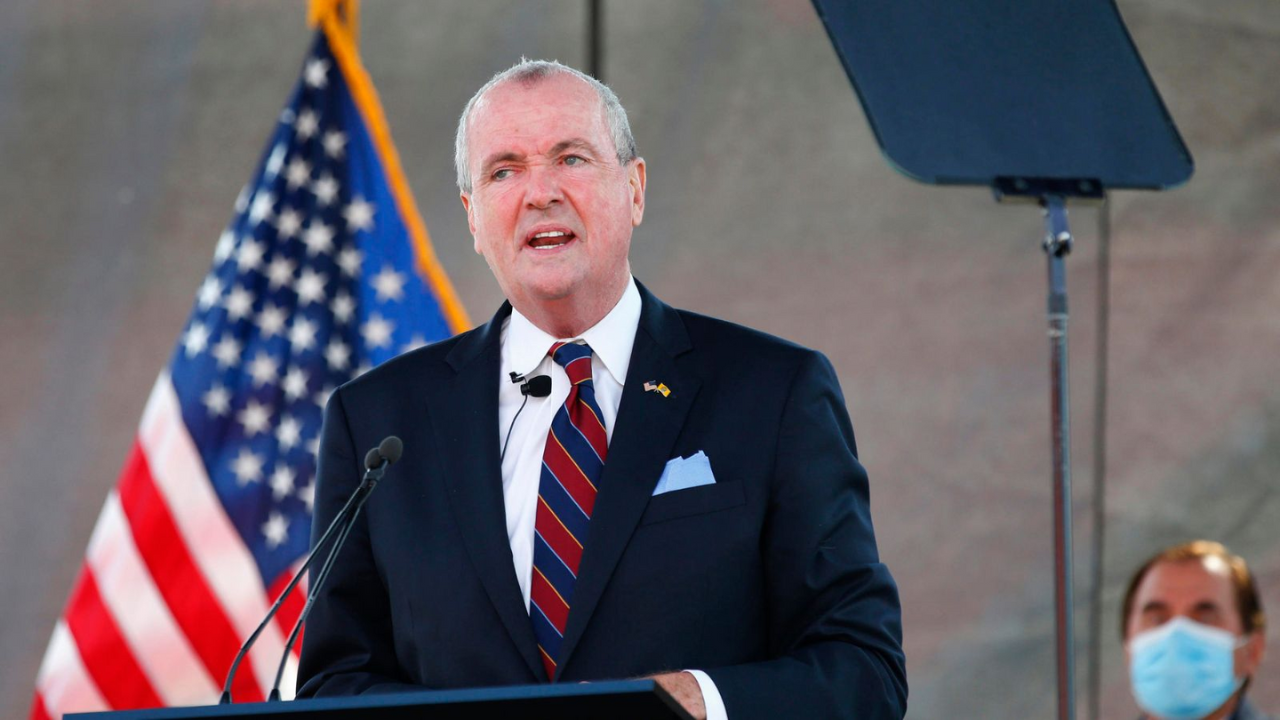New Jersey Governor Phil Murphy has officially vetoed a bill that aimed to ban the wearing of masks during public demonstrations.
The bill had gained attention after being passed by both the state Senate and Assembly, especially as debates about protest rights and public safety continue across the country.
Gov. Murphy said his main concern was that the bill, though intended to address public safety, could be used in the wrong way to silence or punish peaceful protestors, especially those wearing masks for health, privacy, or religious reasons.
“While I appreciate the sponsors’ intent,” Murphy said, “the legislation is too broad and could lead to unintended consequences.”
The proposed law would have made it illegal for anyone to wear a mask, hood, or any face covering while committing a crime or participating in a protest that could turn violent. Supporters argued the bill was necessary to protect police officers and identify people who may commit crimes during demonstrations.
But critics said the wording of the bill left too much room for misuse, especially during peaceful protests where people might choose to cover their faces to protect their identity or health.
This concern is especially relevant in the post-pandemic era, where wearing masks in public settings has become more normalized. Many people now choose to wear face coverings for health or personal safety, even in crowded or emotionally charged public spaces.
Civil rights groups quickly reacted to the bill when it passed the Legislature. The ACLU and other organizations said the bill could be used to unfairly target protestors, particularly those from minority groups or vulnerable communities. They warned that it could discourage people from joining protests out of fear that wearing a mask might land them in legal trouble.
Gov. Murphy echoed some of these concerns in his veto statement, saying that while he supports public safety, it should not come at the cost of First Amendment rights. “Peaceful protest is a core part of our democracy,” he said. “We cannot risk creating fear among people who are simply exercising their rights while trying to stay safe.”
The bill was sponsored by Democrats, including Sen. Joe Cryan and Assemblyman Benjie Wimberly. They expressed disappointment over the veto but said they are open to working with the governor on a revised version that addresses his concerns.
Wimberly said the goal was never to suppress free speech but to give law enforcement a tool to prevent violence and maintain order when protests spiral out of control.
On the other hand, many advocacy groups welcomed the governor’s decision. They saw the veto as a clear stand in favor of civil liberties. Groups that had opposed the bill now say they hope the Legislature will pause and consider more balanced approaches to protest-related legislation.
In recent years, several U.S. states have introduced or passed laws that critics say aim to restrict protest rights. These laws often include language about property damage, blocking roadways, or wearing masks.
While supporters say such laws are about protecting public order, opponents argue they chip away at the right to protest freely and safely.
Gov. Murphy’s veto sends a strong message that New Jersey will not follow that path, at least for now. His decision also highlights the ongoing national debate about where to draw the line between public safety and individual rights.
As tensions remain high over political issues, race, policing, and social justice, how states handle protests will remain a hot-button issue.
For now, the veto means that masked individuals can still legally participate in peaceful protests in New Jersey without fear of violating this specific bill.
But the conversation is far from over. Lawmakers may return with a new version of the legislation, one that tries to strike a better balance between protecting safety and respecting civil rights.






